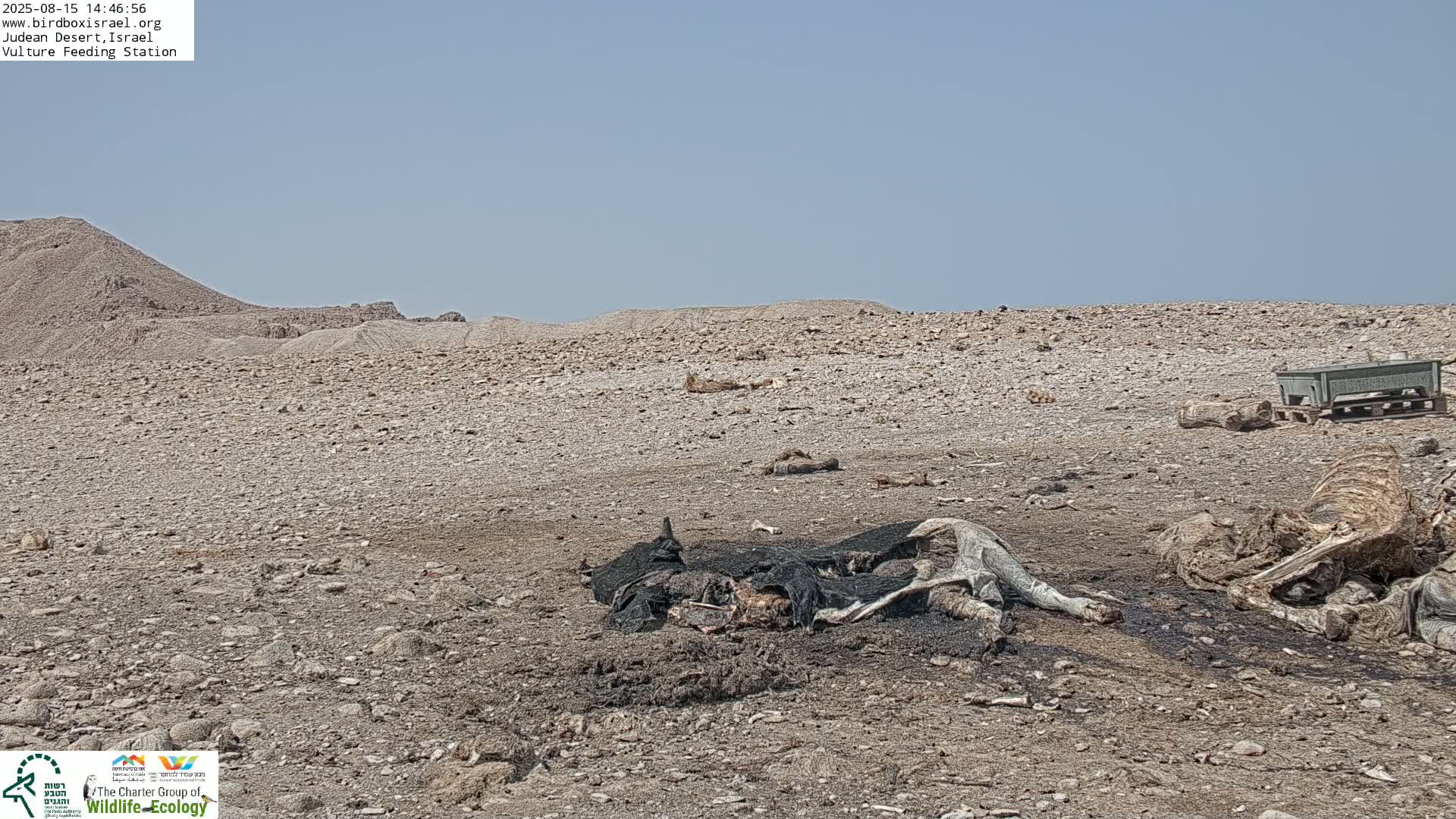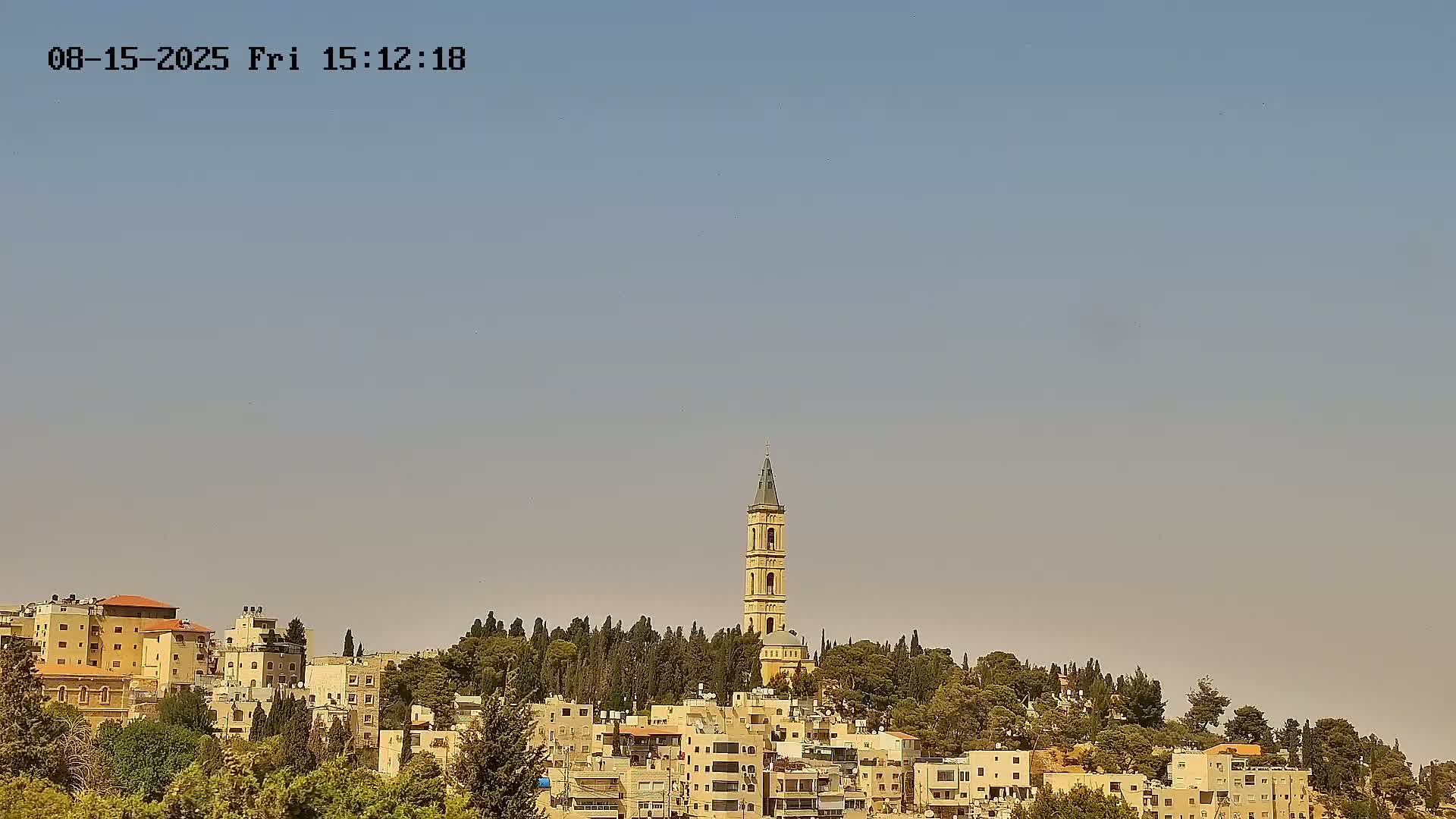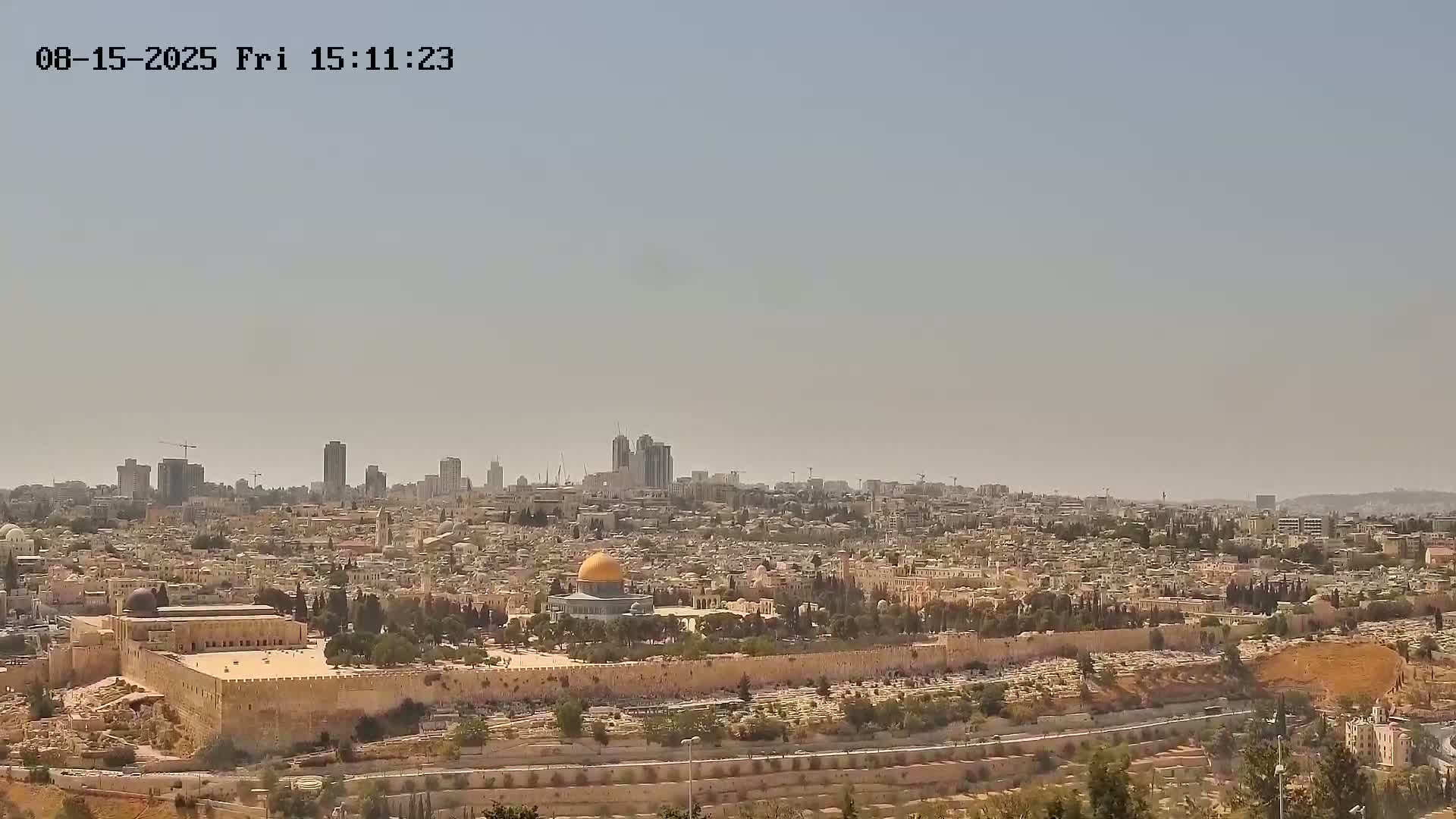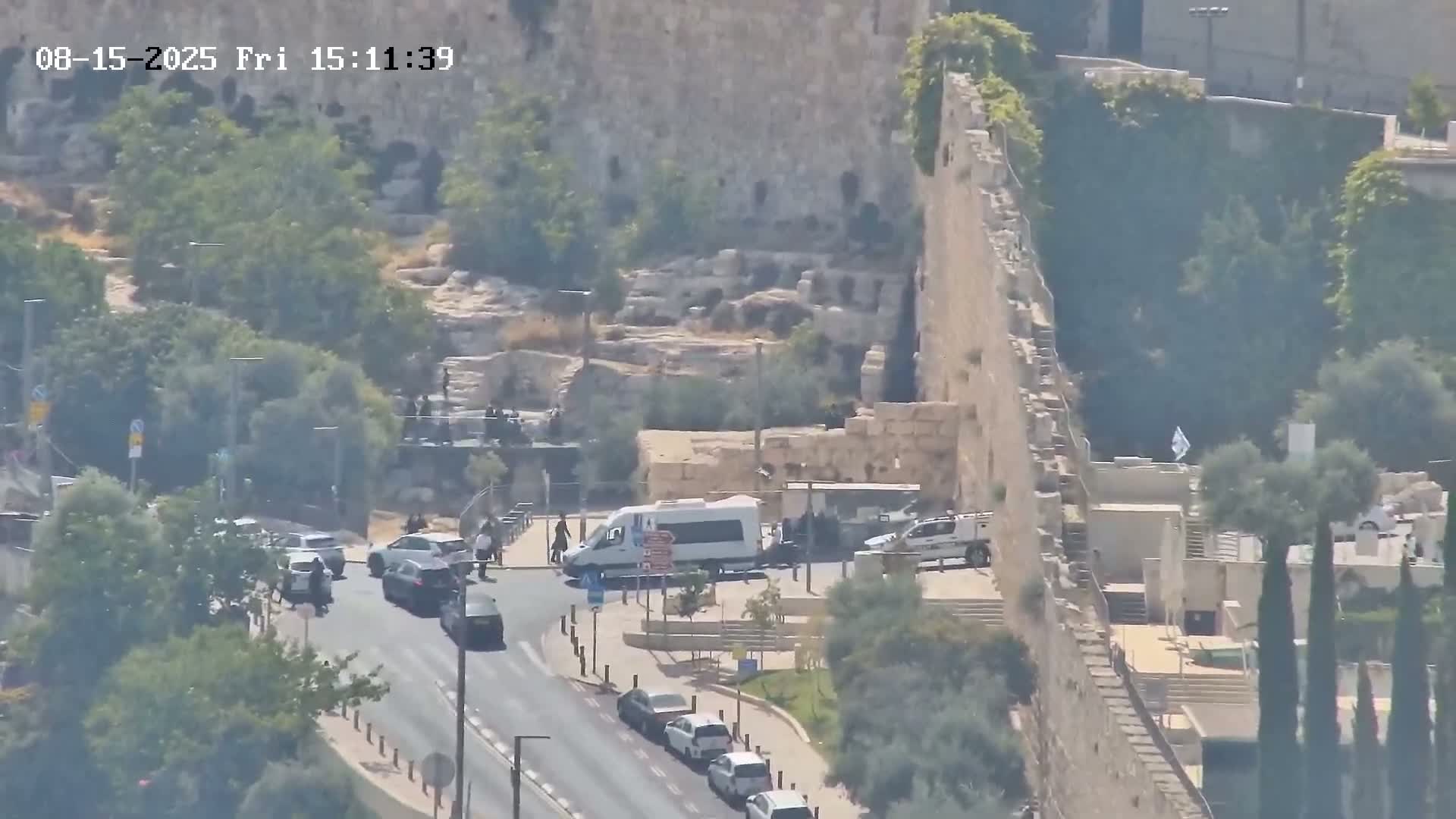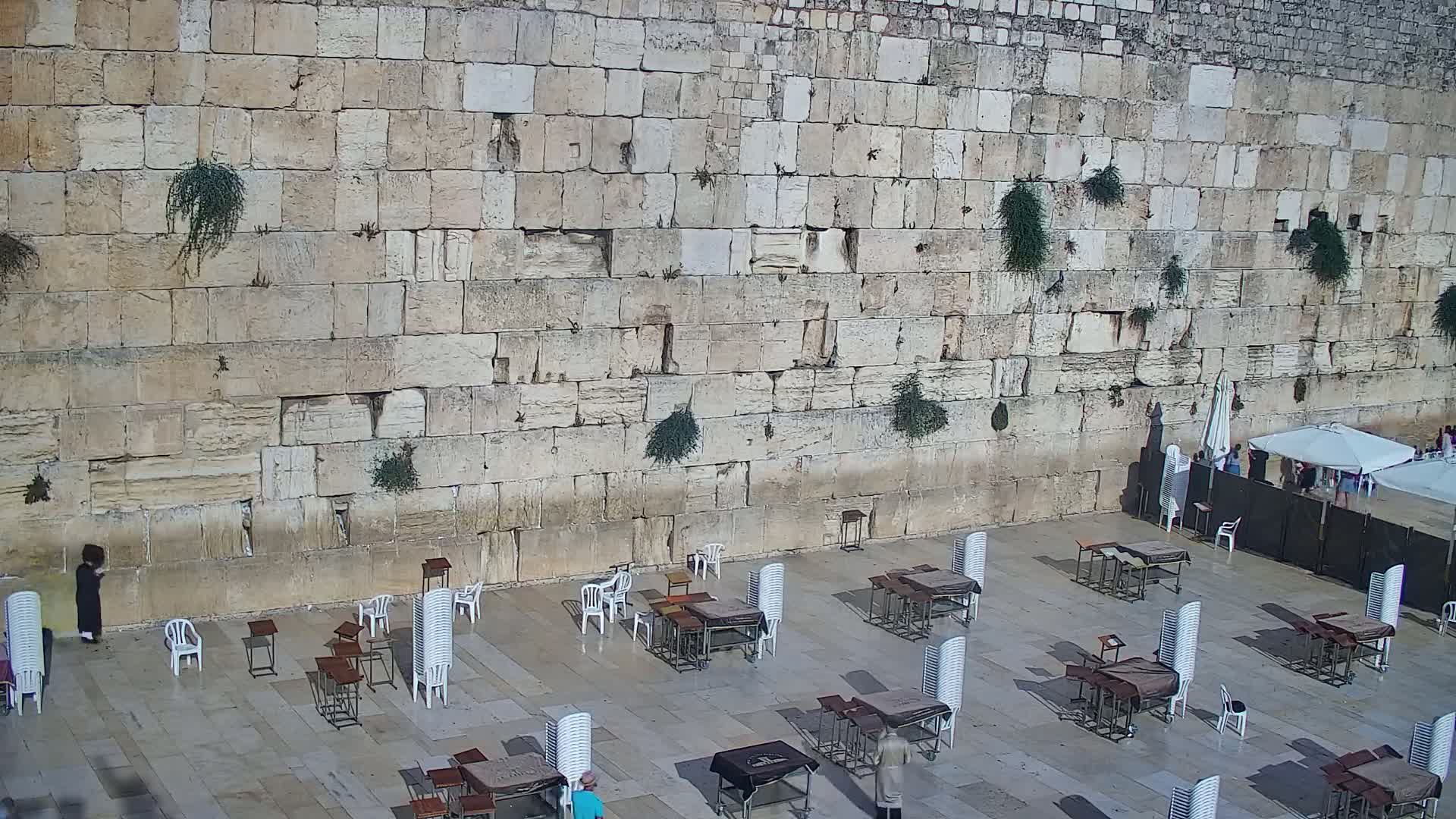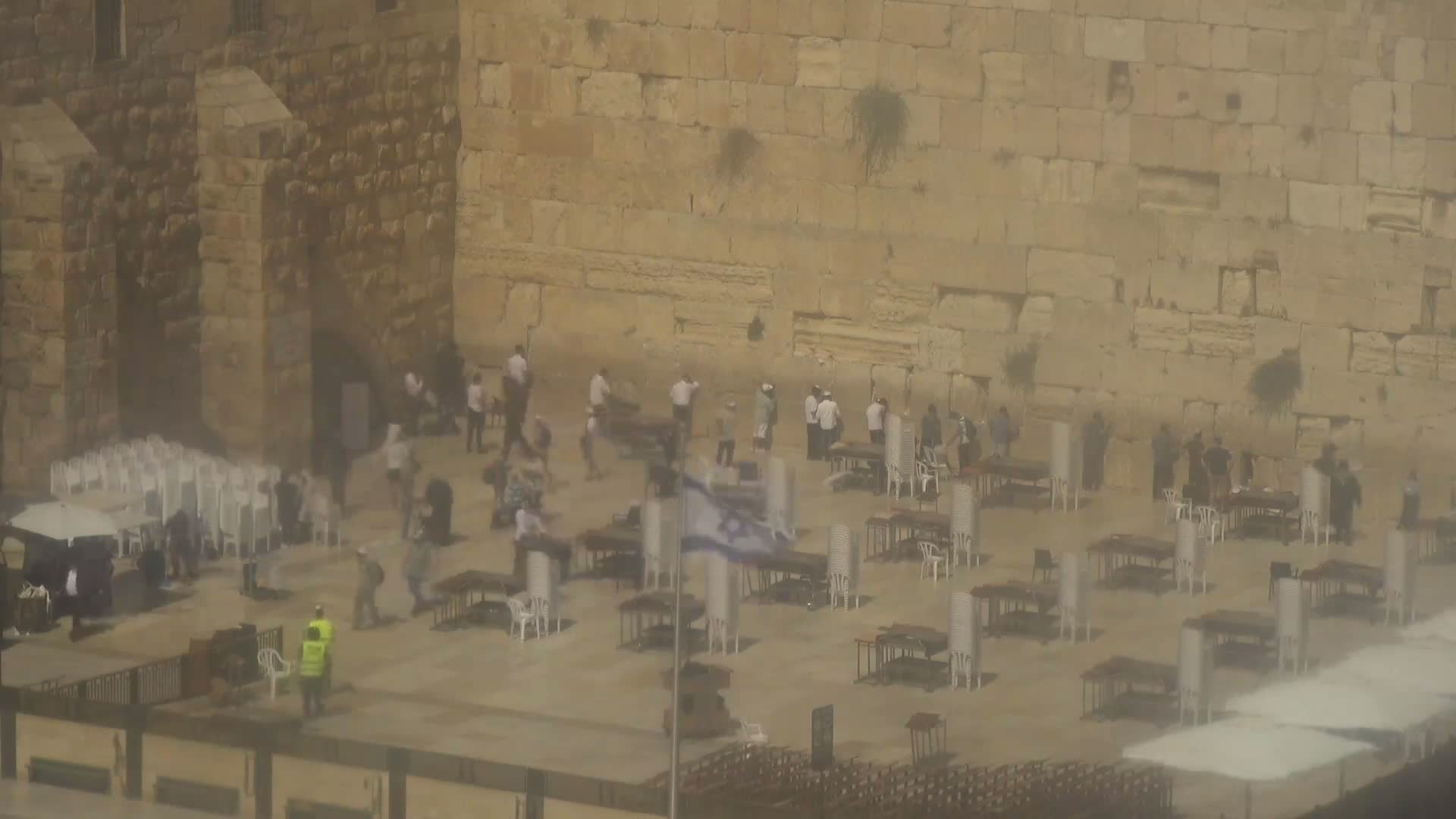West Bank Settler Violence Surges: Palestinian Warehouse, Villages Attacked Amid Olive Harvest & Record Incidents
 Palestinian Territory Occupied
Middle East Conflict
Palestinian Territory Occupied
Middle East Conflict
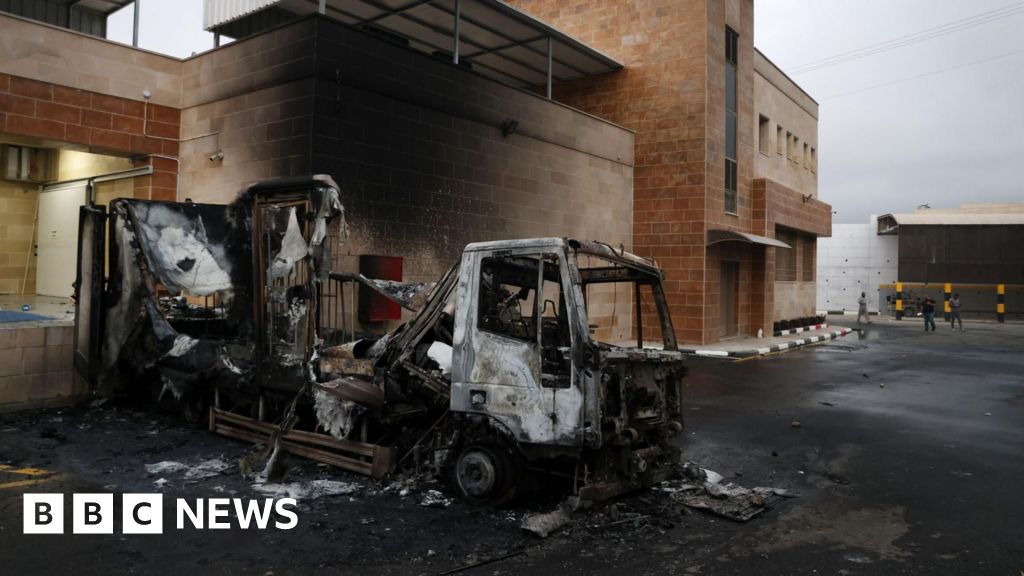
Israeli settler violence in the West Bank escalated drastically, with a warehouse, Bedouin village, and farmland attacked. UN reports record incidents amid the
West Bank Settler Violence Surges: Attacks on Palestinian Property Amid Olive Harvest
A stark escalation of Israeli settler violence has swept across the occupied West Bank, with multiple coordinated arson attacks targeting Palestinian property on Tuesday. A warehouse, a Bedouin village, and agricultural lands bore the brunt of these assaults, leaving several Palestinians injured amidst a critical period: the annual olive harvest.
This surge aligns with a troubling trend. The UN's humanitarian office recently reported that October marked the highest number of violent settler attacks in nearly two decades, coinciding precisely with when Palestinian farmers traditionally tend to their olive groves, a vital source of income and cultural heritage.
Widespread Attacks and Eyewitness Accounts
Footage from Tuesday depicted dozens of masked individuals on a hillside east of Tulkarm. In Beit Lid, a Palestinian warehouse was engulfed in flames, with lorries inside also set alight. Simultaneously, the Bedouin village of Deir Sharaf witnessed tents ablaze, underscored by the sounds of distressed women.
Muayyad Shaaban, the Palestinian Authority Minister and head of the Wall and Settlement Resistance Commission, condemned these actions as part of a deliberate campaign to create a "hostile environment through intimidation and terror."
IDF and Israeli Leadership Respond
The Israel Defense Forces (IDF) confirmed deploying troops to disperse the confrontations, apprehending several Israeli civilians. Intriguingly, the IDF also reported that its soldiers were subsequently attacked by settlers, resulting in damage to their vehicle. Israeli police confirmed four arrests.
Israeli President Isaac Herzog characterized the incidents as "shocking and serious," attributing them to "a handful of violent and dangerous individuals." He emphatically stated, "Such violence against civilians and against IDF soldiers crosses a red line and I condemn it severely."
Major-General Avi Bluth, head of the IDF Central Command, echoed the condemnation, warning that these acts "undermine the stability of the security situation." He called the behavior of "anarchist fringe youth" unacceptable and vowed firm action, emphasizing a clear directive to IDF soldiers: "do not stand idly by and do everything in your power to prevent any act of nationalist crime."
A Pattern of Escalation and Impunity
Despite the strong words, Tuesday's large-scale arrests by Israeli law enforcement are considered rare. Rights group Yesh Din highlights a pervasive issue of impunity, noting that between 2005 and 2024, 93.8% of police investigations into Israeli offenses against Palestinians in the West Bank concluded without indictment.
According to OCHA, October alone saw over 260 settler attacks resulting in casualties or property damage, averaging eight incidents daily. The olive harvest season has been particularly brutal, with approximately 150 attacks documented, injuring over 140 Palestinians and vandalizing more than 4,200 trees and saplings across 77 villages.
Victims and Broader Implications
The human cost is significant. Aysam Mualla, a 13-year-old from Beita near Nablus, was buried this week after reportedly dying from tear gas inhalation during an IDF intervention while villagers were harvesting olives near an outpost. Even Israeli activists and foreign volunteers assisting Palestinian farmers have become targets, as evidenced by an incident in Beita where masked men attacked locals, paramedics, and a Reuters photographer.
In Burin, settlers not only attacked harvesters but also stole bags of olives. The IDF's statement on this incident acknowledged injuries among both Israelis and Palestinians and stated their soldiers acted to disperse the confrontation.
The olive harvest is crucial for Palestinian livelihoods, and its disruption carries severe economic consequences.
Accelerating Settlement Expansion
Compounding the violence, plans for Israeli settlement expansion continue apace. The settlement watchdog Peace Now reports that tenders for 5,667 new housing units in West Bank settlements for 2025 have already reached an unprecedented annual high, poised to accommodate around 25,000 new residents.
Pro-settler Israeli Finance Minister Bezalel Smotrich, who also holds a ministerial portfolio for civilian affairs in the West Bank, is actively prioritizing the expedited planning, approval, and land appropriation for new settlement construction. He is also working to retroactively legalize outposts previously established without official authorization. Smotrich has openly declared his efforts are aimed at de facto annexing the West Bank and thwarting the establishment of a Palestinian state, further embedding the deep-seated conflict.
